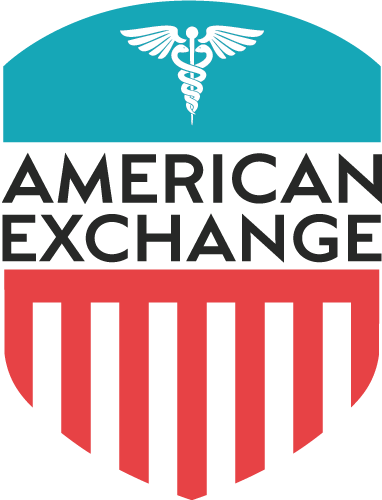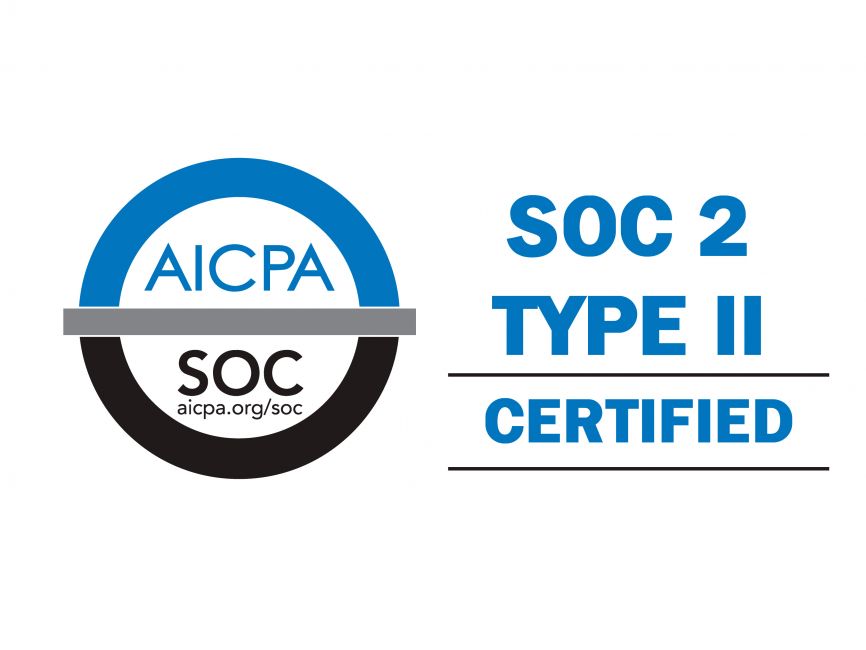People on Medicare have enjoyed free or expanded services as a result of health emergencies related to COVID-19. On April 10, 2023, the national emergency ended. On May 11, 2023, the public health emergency will end. With the end of these two emergencies, Medicare beneficiaries now or soon will have to pay for some of those products and services, depending on the type of Medicare coverage you have.
Let’s take a look at what has changed or is changing.
COVID-19 Vaccines
Medicare will continue to cover COVID-19 vaccines with no cost sharing. This is a permanent change, so you will not have to pay anything for the vaccine or recommended boosters regardless of the Medicare coverage you have.
COVID-19 Testing
When the public health emergency ends, you will no longer get free at-home COVID tests:
- If you have Original Medicare, will you have to pay for over-the-counter tests yourself.
- If you have a Medicare Advantage plan, the plan may choose to provide free tests. Check with your plan.
If your doctor orders a COVID test for you, Medicare will cover the cost of the test. Standard coverage and cost-sharing rules may apply.
COVID Treatment
During the pandemic, the government bought antivirals and other COVID-19 treatments, so they were free to people who contracted the virus and needed advanced treatment. These oral antivirals will still be covered for Medicare beneficiaries with a Part D prescription drug plan or Medicare Advantage plans that cover prescription drugs. Once the free supply runs out, cost sharing may be required, depending on your plan.
Telehealth Services
Before the pandemic, Medicare covered telehealth services—provided through phone, computer, or other telecommunication device—only for people living in rural areas, and only if they went to eligible originating site facilities. During the public health emergency, coverage for telehealth services removed these limits, expanded the types of services covered, and were made available to all Medicare beneficiaries.
The use of telehealth services would have returned to pre-pandemic coverage levels if Congress had not acted. The Consolidated Appropriations Act of 2023 extended telehealth services for Medicare beneficiaries until December 21, 2024:
- You can access telehealth services from any geographic area, including your home.
You can access certain telehealth services using audio (phone) only if you are unable to use both audio and video on a smartphone or other device.
You may choose to use federally qualified health centers and rural health clinics to serve as a distant site (the physical location of the healthcare provider) for non-behavioral or mental health services. - For telehealth services to be covered, you must have an in-person visit with the provider within 6 months of your first telehealth visit, and at least once within 12 months of each subsequent telehealth service. Some exceptions apply, so check with your provider or health plan.
Providers may offer mental health services by video or audio-only telehealth without needing to satisfy in-person visit requirements.
Out-of-Network Care
Throughout the pandemic, Medicare Advantage plans were required to charge in-network prices for care provided at out-of-network facilities. This ended on April 10, 2023. If you have a Medicare Advantage plan and seek care out-of-network, you will have to pay for that care based on your plan’s rules. Make sure you are getting your care in-network to avoid high costs.
3-Day Hospital Stay Before Admission to a Skilled Nursing Facility
Before the public health emergency was declared, Medicare required patients to stay in the hospital at least 3 days before it would pay for continued care in a skilled nursing facility. This was waived during the public health emergency. A 3-day hospital stay will again be required before Medicare will cover your skilled nursing facility care after May 11, 2023.
Medicare Waivers for Acute Hospital Care at Home
During the pandemic, hospitals were allowed to provide inpatient-level services in patients’ homes, if they complied with Medicare requirements and were approved. The Consolidated Appropriations Act extends this program through December 31, 2024.
If You are Losing Medicaid Coverage and are Eligible for Medicare
States are verifying eligibility for all recipients enrolled in Medicaid and the Children’s Health Insurance Program (CHIP). This is called Medicaid Unwinding.
Read our blog, Act Now if You Have Medicaid, CHIP or BHP Coverage, to learn more about Medicaid Unwinding and what to do if you lose coverage.
If you lose your Medicaid coverage, you may be eligible for Medicare if you:
- Are aged 65 or older
Have a disability
Have end-stage renal disease (permanent kidney failure requiring dialysis or a transplant)
Have ALS, also called Lou Gehrig’s disease.
The State should provide you with instructions for how to enroll in Medicare if you are eligible.
American Exchange’s Medicare Experts Can Help Find the Right Plan For You
If you are losing Medicaid, or just need help enrolling in Medicare or Affordable Care Act health plans, we can help. American Exchange’s independent, licensed insurance benefits experts will listen to your needs, then compare available plans, prices, networks, formularies, and tiers. We will also let you know if you qualify for cost-saving programs. We do not work for an insurance company, so we compare all plans available in your area at no cost or obligation to you. Call us at 888.995.1674 or schedule an appointment today.
1.888.995.1674 americanexchange.com
Our Medicare experts are available to help you:
Monday through Friday from 8:00 a.m. to 5:00 p.m.
Additional Medicare Resources
American Exchange publishes a Medicare blog the 4th Tuesday every month, and more frequently during Medicare’s Annual Enrollment Period. Be sure to visit our blog page to better understand your Medicare coverage.
- 3 Questions People Turning 65 Ask about Medicare blog
- Confused by All the Medicare Coverage Options? blog
- Medicare Special Needs Plans Offer Targeted Benefits blog
- Medicare Basics Flyer
- Health Insurance Terms Flyer
Medicare Disclaimer: We do not offer every plan available in your area. Any information we provide is limited to those plans we do offer in your area. Please contact Medicare.gov or 1-800-MEDICARE to get information on all of your options.
American Exchange is a licensed health insurance broker. Robert Huffaker, NPN 13568432

